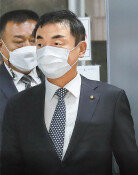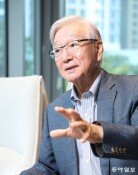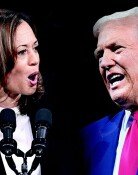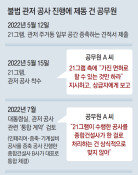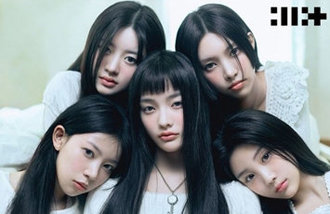Politicization and corruption plague Korea’s sports institutions
Politicization and corruption plague Korea’s sports institutions
Posted August. 28, 2024 07:32,
Updated August. 28, 2024 07:32
The Culture, Sports, and Tourism Committee of the National Assembly recently held a general meeting to address Olympic Badminton gold medalist An Se-young's complaint about the "unreasonable conventions" prevailing in the country's sports institutions. During the meeting, a lawmaker from the ruling party criticized these outdated practices, highlighting the inability of sports organizations to adapt to modern times. Similarly, a lawmaker from the opposition party condemned the Korean sports institutions' adherence to 19th-century conventions, which athletes have long moved past, having entered the 21st century.
Despite South Korea's impressive performance at the 2024 Paris Olympics, where the national team won 13 gold medals and ranked eighth in the medal tally, the overall mood has been dampened by An's revelations. Her whistleblowing has brought to light longstanding corruption within the sports institutions. The Korean Sport & Olympic Committee (KSOC) had encouraged athletes who requested specialized training to instead participate in a Marine Corps training camp. Concerns have since arisen about the institutions' neglect of injured athletes, forcing them to compete, unfair contracts, abuse of power, and other corrupt practices. Since An joined the national team at 15, she was reportedly forced to clean and do laundry for senior members. Despite repeatedly requesting improvements, her pleas were ignored. Although specific details are still under investigation, it is remarkable that athletes have managed to perform well despite such difficult conditions.
Experts blame the politicization of sports institutions for their failure to break free from outdated practices. Although the leaders of these organizations should be dedicated to advancing sports, they often focus on securing their positions through personal connections, such as shared hometowns or alma maters. This has led to the neglect of creating a healthy sports ecosystem and the privatization of the KSOC. The Olympic delegation even included individuals with no ties to sports, such as the head of a seafood union, leading to speculation that the president of the KSOC, Lee Ki-heung, who is seeking a third term next year, might have been rewarding political favors.
"I don't know how the KSOC became a monster,” Culture, Sports and Tourism Minister Yoo In-chon said, expressing his frustration. “Whenever the KSOC is mentioned, many organizations, religious groups, etc., are told not to touch it." Of the ministry's 1.62 trillion won annual sports budget, 420 billion won is allocated to the KSOC. The ministry, which provides 40 percent of the total sports budget and has not been audited for four years, must ensure the transparent administration of the KSOC and restore the chairman's role to one of service.
Headline News
- N. Korea reveals HEU production facility for the first time
- Kimpo Airport suffers another Leak, just two weeks after repairs
- Court: First Lady’s brokerage accounts used for stock price manipulation
- Trump’s lies about immigrants eating dogs instigate bomb threat
- India’s first major leaguer Roker puts on ‘7K show’ in debut



